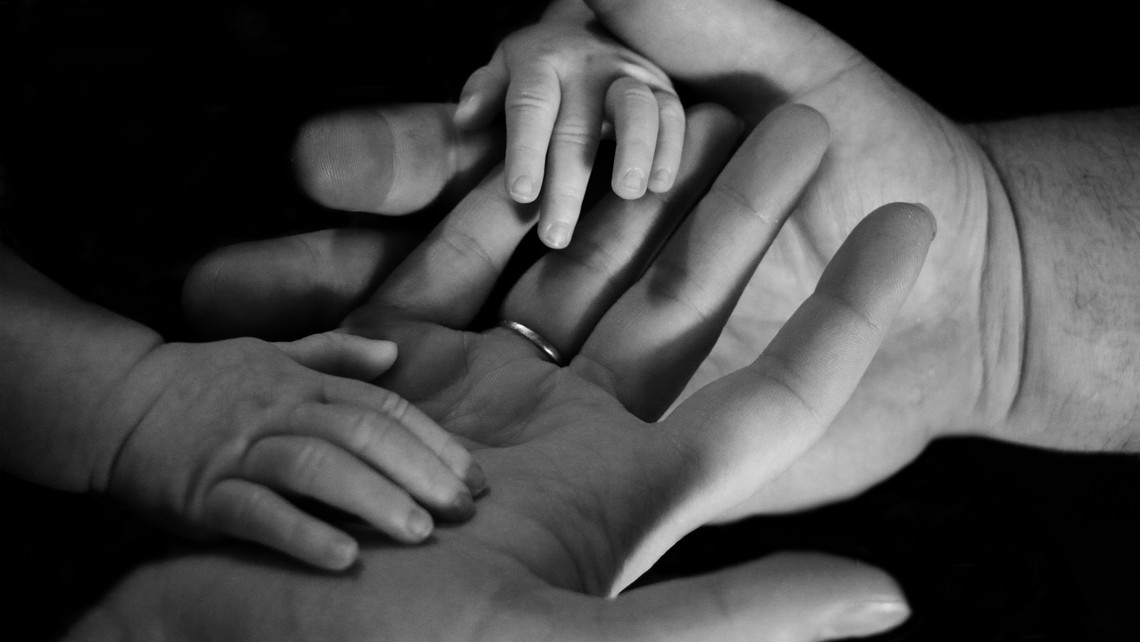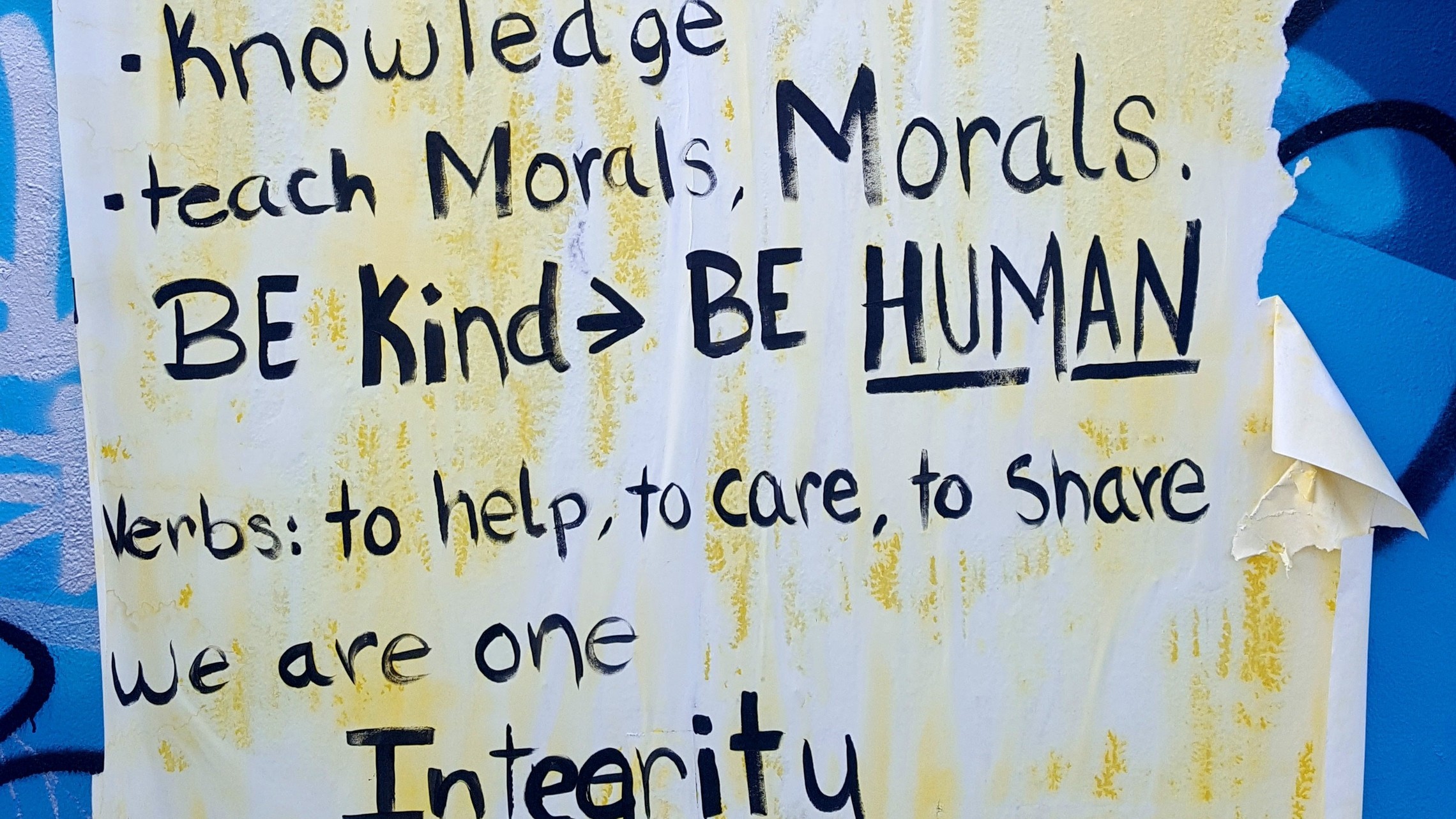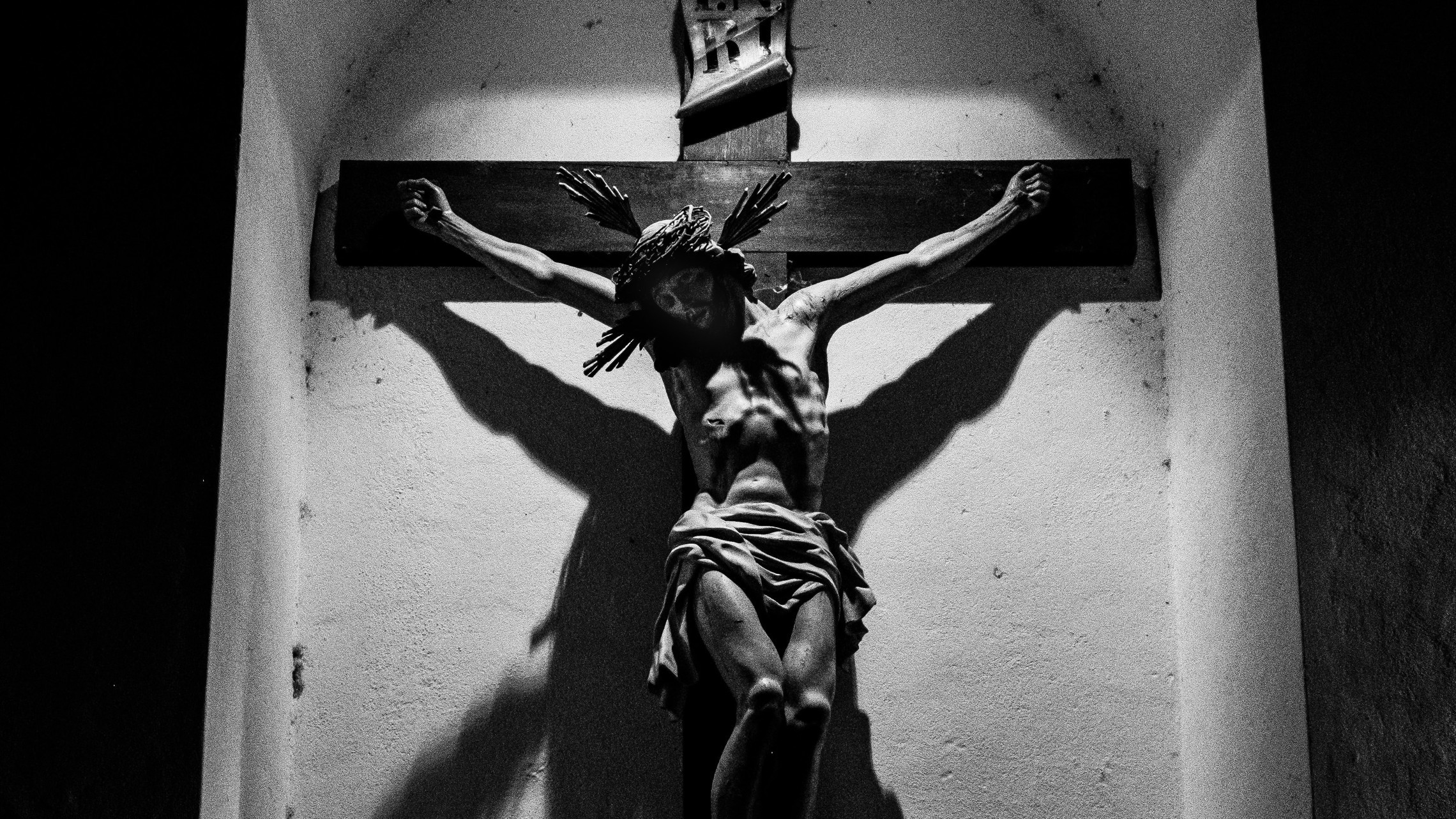
Civility is fundamental in developing human relationships, especially within a communal family structure. From the onset, exercising a visible and genuine respect for the dignity of the person exhibits a desire to embrace the person as a child of God. This means that we are called to embrace both the good and understand the bad of the person with the intent of helping the member of the family mature in holiness and sanctity by helping him walk away from the evil acts that contradict God’s love for him. Within the context of this spiritual drama is that the gift of grace is never idle, but neither are the works of the Devil encouraging us to sin.
Idleness is not a characteristic typically associated with a family structure because of the various human dynamics involved within the family. The family never ceases to nurture, nourish, and teach its members, especially the youngest, to learn, develop and live a worldview that, for the sake of this article, would amount to a Christian worldview. Expanding on this notion of a Christian worldview, the role of the Christian family is to strengthen its members to freely assent toward a Christian encounter that would lead to an active and loving sacramental relationship with Jesus Christ.
The Catechism of the Catholic Church expresses the relationship between the family and the path toward a Christian encounter as follows:
Family ties are important but not absolute. Just as the child grows to maturity and human and spiritual autonomy, so his unique vocation, which comes from God, asserts itself more clearly and forcefully. Parents should respect this call and encourage their children to follow it. They must be convinced that the first vocation of the Christian is to follow Jesus: “He who loves father or mother more than me is not worthy of me, and he who loves son or daughter more than me is not worthy of me.[1]
The Catechism continues its doctrinal position on the relationship between family and a Christian encounter. It defines that becoming a disciple of Jesus requires accepting the invitation to belong to God’s family and to live in conformity with His way of life.[2] By embracing the mind of Christ and deliberately choosing to live within this mindset, we anticipate with great fervor the coming of the reign of God.
The entryway to a life of grace
As mentioned earlier, the identity of the communal family structure, also known as the domestic family, is to nurture and nourish its youngest members. This educational dynamic is typically led by the adult members of the family, which would involve the father, mother, and other adult members such as grandparents and older siblings. The content of this educational dynamic within the family involves a joyful and deliberate acceptance of the gift of grace that Jesus instituted in the sacramental life. Second, an explanation of how to live the gift of grace as expressed in the creed. If there is a singular task required of the family that supersedes all others, it is to provide an entryway for the youngest members of the family to encounter a loving relationship with Jesus Christ. And this can only be accomplished through a visible, genuine spiritual hunger to be in communion with Jesus Christ through the gift of the sacramental life.
A conversation with Christ
The Catechism reminds us that Christ is the center of all the Christian life. The bond with him takes precedence over all other bonds, familial or social.[3] Hence, the dynamic of human conversation within the family should possess a Christian character that promotes the vocation to follow Jesus as primary above all else.[4] The value of human conversation within the family cannot be underscored due to the constant verbal and non-verbal communication that occurs through words and gestures.
If properly expressed and lived through a Christian worldview, words and gestures produce an environment conducive to an encounter with Jesus Christ. If a child is to develop an awareness that God exists, that he is God’s child created in His image and likeness, and that Jesus Christ is his Lord, Savior, and King, then his environment must lovingly express a desire to be in love with the Son of God who suffered and died for our sins.
Ultimately, our encounter with Christ revolves around our desire to embrace our cross and still love Jesus through the Cross. Our path to Christ is complete with the Cross and the belief that Jesus Christ is the way, the truth, and the light.






